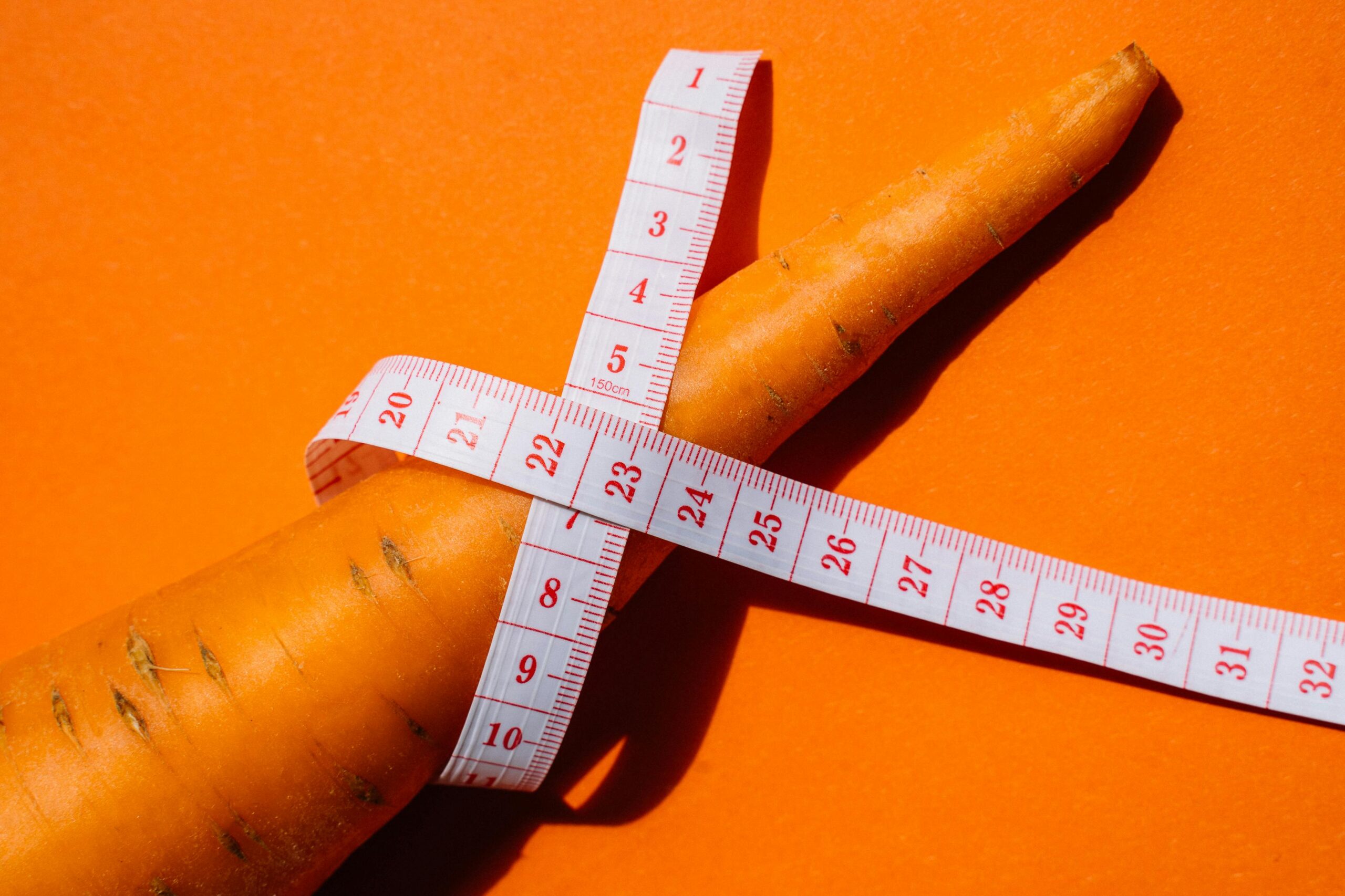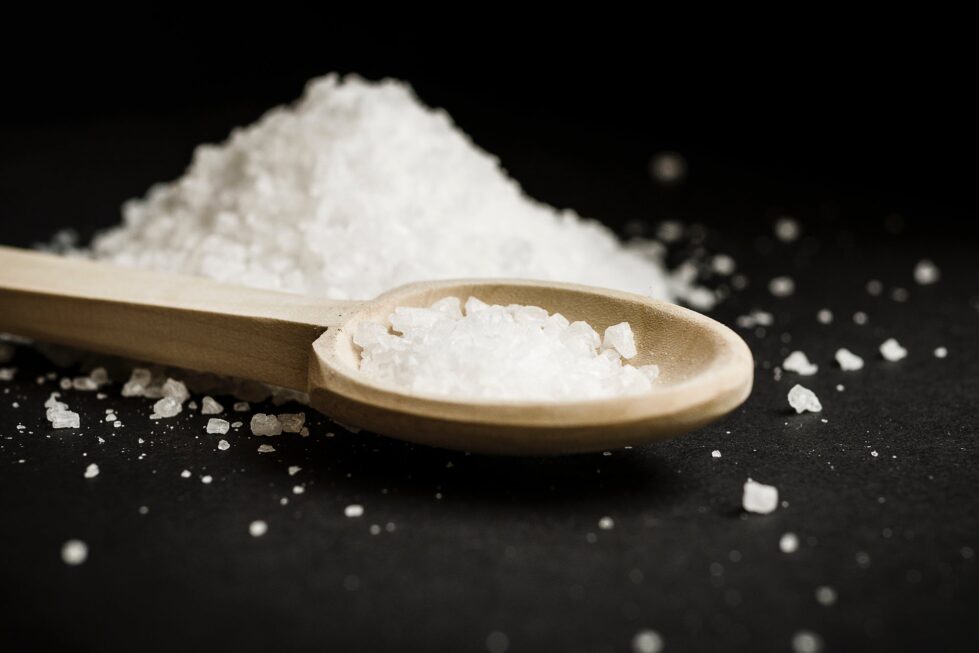Is salt bad for you?
You’ve probably heard that cutting back is the key to staying healthy. Most of us believe this. Yet salt isn’t just a seasoning—it’s a nutrient your body depends on.
Sodium plays a critical role in hydration, nerve communication, and nutrient absorption.
So, why does salt get such a bad rap? For decades, it’s been linked to health problems like high blood pressure and heart disease. But what if the advice to cut back on salt is oversimplified—or even wrong?
Do you avoid salty foods, only to feel fatigued or experience muscle cramps? Have you followed low-sodium advice, only to find your body isn’t performing at its best?
These aren’t signs of overindulgence. They’re signs of misunderstanding. The problem isn’t you—it’s outdated guidelines.
Research increasingly shows that sodium is far more complex than we’ve been led to believe—and that “one-size-fits-all” sodium limits may do more harm than good.
In fact, studies like The Lancet’s PURE study reveal that extreme sodium restriction can increase risks for insulin resistance, cardiovascular complications, and other health issues.¹
Let’s uncover what the latest science says about salt, explore its essential role in your body, and share practical tips for finding your ideal sodium balance to support your health.
Why Sodium Isn’t the Villain You’ve Been Told It Is
Salt has been misunderstood for decades. While it’s often linked to health risks, sodium is essential for your body’s most important processes:
- Hydration: Sodium helps balance water inside and outside your cells. Without it, dehydration can cause dizziness, fatigue, dry skin, and—in severe cases—low blood pressure or kidney damage.
- Nerve Communication: Sodium is a critical electrolyte that allows your brain, nerves, and muscles to “talk” to each other. A lack of sodium can lead to muscle cramps, weakness, confusion, or even irregular heartbeats.
- Nutrient Absorption: Sodium helps your body absorb glucose and amino acids. Without it, your energy levels drop, and your muscles struggle to recover.2
What Happens When Sodium Levels Drop Too Low?
If sodium levels fall dangerously low, it can lead to hyponatremia, a potentially life-threatening condition with symptoms like:
- Nausea and vomiting
- Headaches and confusion
- Extreme fatigue and drowsiness
- Muscle cramps, spasms, or twitching
- In severe cases, seizures, coma, or even death3
Why Sodium Is Essential for Your Health
Sodium does far more than enhance flavor—it’s essential for maintaining hydration, energy, and balance. In this TikTok interview, human biologist Gary Brecka shares why sodium is vital for your body and how personalized approaches to salt intake can make a difference.
🎥 Watch the video to learn more about sodium’s importance:
Why Not All Salt Is Created Equal
Here’s the catch: Not all salt is the same.
- Refined table salt—the kind commonly added to processed foods—is stripped of trace minerals and fortified with iodine.
- Unrefined, mineral-rich salts retain beneficial nutrients like magnesium and potassium that support balance and optimal body function.
Why Salt Deserves a Second Look
Think salt is just for flavor? Think again! Dr. Ken Berry reveals why salt is a superstar nutrient your body can’t live without. In this video, he highlights the perks of unrefined salts—packed with trace minerals like magnesium and potassium—and explains why they’re a smarter choice than processed table salt.
🎥Curious? Watch the video to learn how the right salt can improve your health:
How to Find the Perfect Sodium Balance for Your Body
For years, the American Heart Association has recommended no more than 2,300 milligrams (about one teaspoon) of sodium per day. But here’s the truth: That advice doesn’t work for everyone.
Research from experts like Dr. Peter Attia emphasizes that salt sensitivity varies significantly between individuals, challenging the effectiveness of one-size-fits-all sodium guidelines. For some, reducing sodium can help manage blood pressure, but for others, low sodium intake may disrupt key hormonal balances, potentially leading to increased stress hormone levels or insulin resistance. These findings highlight why a nuanced, individualized approach to sodium intake is essential.
Examples of factors influencing sodium needs:
- Athletes or those in hot climates lose sodium through sweat and may need higher intake to stay hydrated and energized.
- Low-carb or ketogenic dieters burn through sodium faster and often experience fatigue or muscle cramps without additional salt.
- Stress or hormonal imbalances can throw off your sodium levels, making generic recommendations ineffective—or even harmful.4
How do you know what’s right for you? By listening to your body’s signals—like cravings, fatigue, or muscle cramps—and adjusting your sodium intake accordingly.
Dr. James DiNicolantonio, a leading voice in this field, suggests “listening to your body’s salt thermostat.” Symptoms like fatigue or cramps can guide you toward an optimal sodium intake, typically around 1.5–2 teaspoons of salt daily (3,000–4,000 milligrams of sodium).
“Don’t blame salt for what the sugar did.” Dr. DiNicolantonio challenges the idea that sodium is the main culprit in hypertension, pointing instead to added sugars and processed foods as bigger contributors to chronic conditions.5
Surprising Ways Salt Can Improve Your Life
Salt isn’t just for seasoning—it’s a versatile, natural powerhouse. Here are a few surprising ways to use it in your daily life:
- Clean Your Teeth: Mix a pinch of salt with baking soda to remove stains and freshen your breath.
- Soothe Sore Throats: Gargling warm salt water reduces inflammation and eases throat pain.
- Exfoliate Your Skin: A salt scrub is a natural way to remove dead skin and boost circulation.
Why it Works: The trace minerals in unrefined salts enhance their effectiveness, providing natural, chemical-free alternatives to common household products.
Do you have your own creative uses for salt? Share them with us—we’d love to hear how this mineral enhances your life!
Finding Your Balance with Salt
Salt is an essential nutrient—but it’s often misunderstood. While excessive intake can harm certain individuals, overly restrictive sodium levels may also carry significant risks.
Functional medicine emphasizes the importance of finding your sodium balance. By addressing the root causes of sodium imbalances and tailoring your intake to your individual needs, you can make informed choices to support your health.
Curious about how sodium can improve your health? Explore our Learning Center for science-backed tips, or connect with a functional medicine expert to find your perfect balance.

How Functional Medicine Treats Stress: A Step-by-Step Guide

How Functional Medicine Supplements Can Help with Weight Loss

Vitamin D Benefits: 7 Ways to Boost Energy, Immunity & Health


